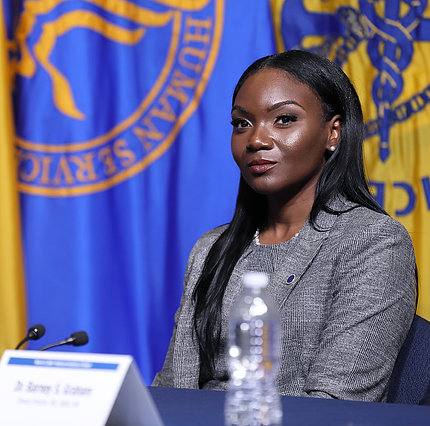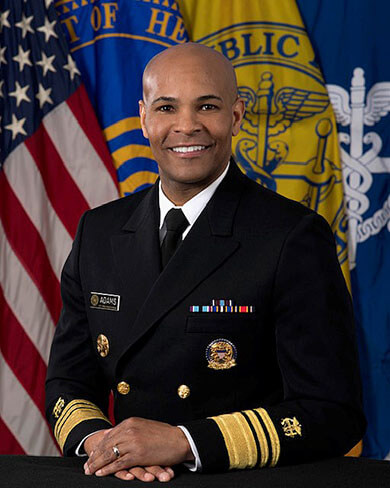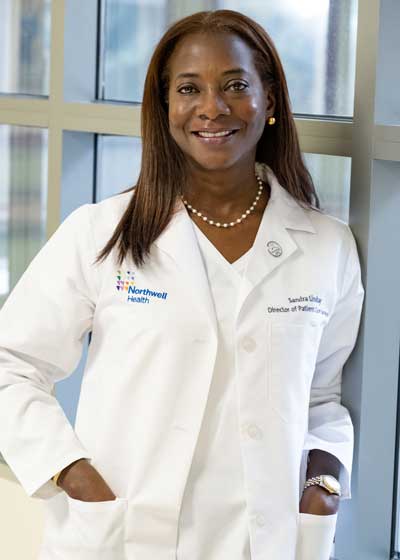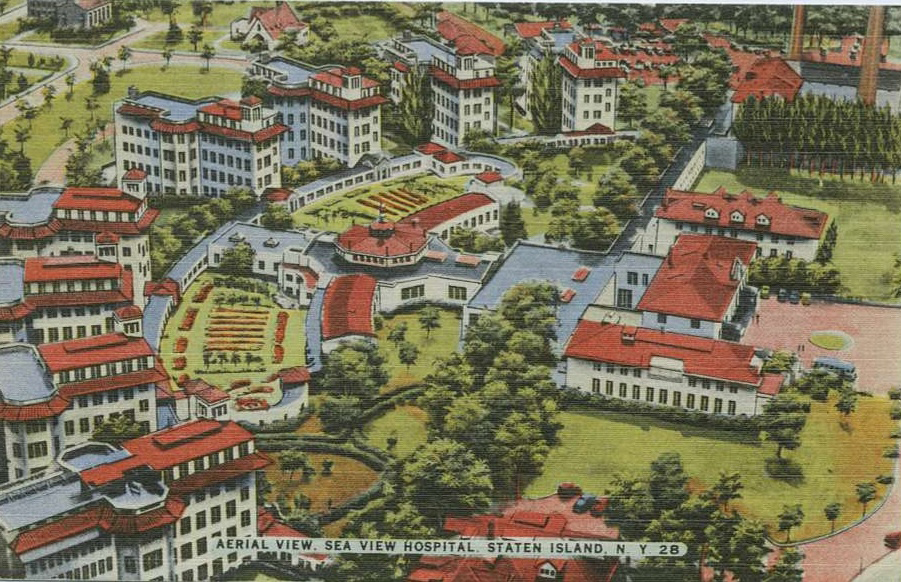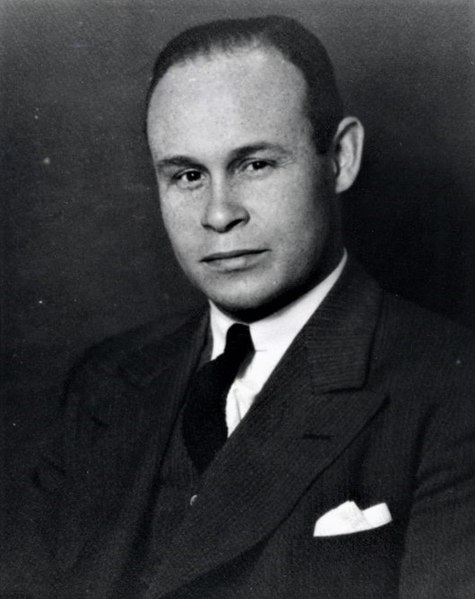You may be feeling cautious of vaccines because of the United States history of racism. We understand your concern.
At the Kansas Birth Equity Network, we acknowledge the history as well as the importance of vaccines because they protect your family from diseases.
Think of it this way, Black Americans often receive poor quality healthcare because of racism. Vaccination protects you, your baby, and your family. When you are vaccinated, you do not need healthcare for these diseases.
 Onesiums](/img/Onesimus.jpg)
You may also be interested in the story of Onesimus, an enslaved man in 1706 who introduced a practice that protected people from smallpox. As smallpox spread, Onesimus suggested that they rub a small amount of pus from someone who was sick into an open wound on the arm of someone who wasn’t sick. This practice exposed the body to a small amount of the virus. This allowed the body to recognize the virus and learn how to fight it. Today, vaccines do this same thing safely and without hurting your baby.
Black American Contributions to Medical Science
Many Black Americans have worked to improve health and fight against diseases. Learn about some of them below.
Dr. Kizzmekia Corbett
Dr. Corbett is a scientist whose research and expertise was key in the development of the COVID-19 vaccine.
Dr. Ala Stanford
Dr. Stanford is a pediatric surgeon. At the start of the COVID-19 pandemic, she started the Black Doctors COVID-19 Consortium. The group has tested more than 30,000 people and given more than 60,000 vaccinations.
Dr. Jerome Adams
Dr. Adams was the 20th Surgeon General of the United States. He helped to lead the country through the initial year of the COVID-19 pandemic. Adams was the 4th Black American to be Surgeon General. He also led a flu vaccination campaign after the 2017 flu season that had killed over 80,000 Americans.
Dr. Sandra Lindsay
Dr. Lindsay is a critical care nurse. On December 14, 2020, she was the first American to get vaccinated against COVID-19. In 2022, she received the Presidential Medal of Freedom. She was also selected to serve as the 2021 Grand Marshal of the Healthcare Heroes Parade and the African American Day Parade in New York City.
(Photo courtesy to Northwell Health)
Dr. Ionia R. Whipper
Dr. Ionia Whipper was an obstetrician in Washington, D.C. She founded the Ionia R. Whipper Home for Unwed Mothers in 1931. It was the only maternity home for Black women in the Washington, D.C. area. The home is still providing services for at-risk girls between 12 and 21.
Henrietta Lacks
Henrietta Lacks was a cancer patient at Johns Hopkins Hospital in 1951. Her cancer cells had an ability that made it easier to study cancer without using humans. These cells played an important role in the development of the polio and COVID-19 vaccines. Unfortunately, Mrs. Lacks was not compensated for the use of her cells.
The Black Angels
In the 1920s, Black nurses like Edna Sutton, Missouria Louvinia Meadows-Walker, Clemmie Philips, Janie Shirley, and Virginia Allen, put their lives at risk working at Sea View Hospital in New York City caring for tuberculosis patients. They also helped to find a cure for tuberculosis.
Dr. Charles Drew
Dr. Drew is known as the “Father of the Blood Bank”. He discovered how to store blood. This led to the creation of America’s first large-scale blood bank. Drew also criticized policies that kept African Americans from donating blood to the Red Cross. As a result, the Red Cross began to accept blood donations from African Americans but kept them segregated until 1950.
Note: The appearance of any individual’s photograph or other image on this website is for historical or illustrative purposes and does not express or imply that the person has participated in, approved, or endorsed this website, except where such participation, approval, or endorsement may be expressly stated on this website.
We encourage you to do your own explorations of this proud history because clearly, this list is not comprehensive. Here are some websites where you might begin: Here are links to three reports about this important historic figure, which includes very serious criticism of how Henrietta Lacks was treated by the medical establishment .
